Lifestyle
10 Things That Could Save Your Life If A Nuke Ever Hits

Nuclear bombs haven’t fallen in war since 1945, but the threat hasn’t vanished. Dozens of countries still maintain powerful arsenals, and tensions can shift fast. Surviving such a strike depends on preparation, not panic. These 10 essentials aren’t theory; they’re practical tools built for the worst-case scenario you hope never comes.
A Sturdy Underground Shelter
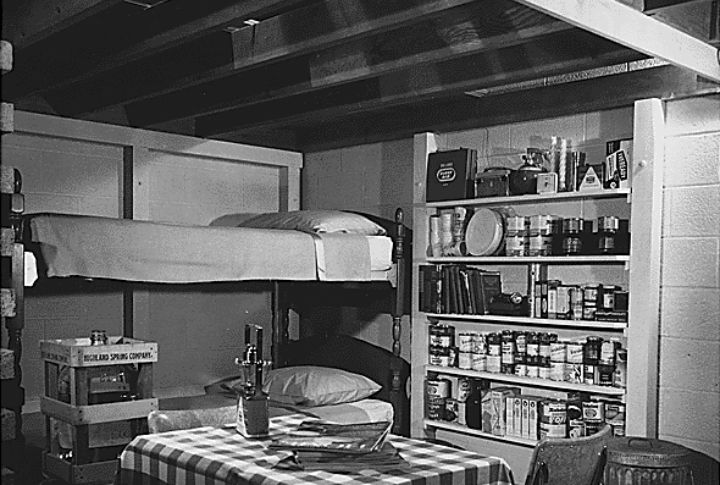
Underground shelters offer critical protection against blast waves and deadly radiation. The surrounding earth acts as a natural radiation shield, especially effective against gamma rays. Even ancient cities like Derinkuyu in Turkey were built underground for protection. Surprisingly, a basic trench can cut radiation exposure in half.
A Reliable Hand-Crank Radio
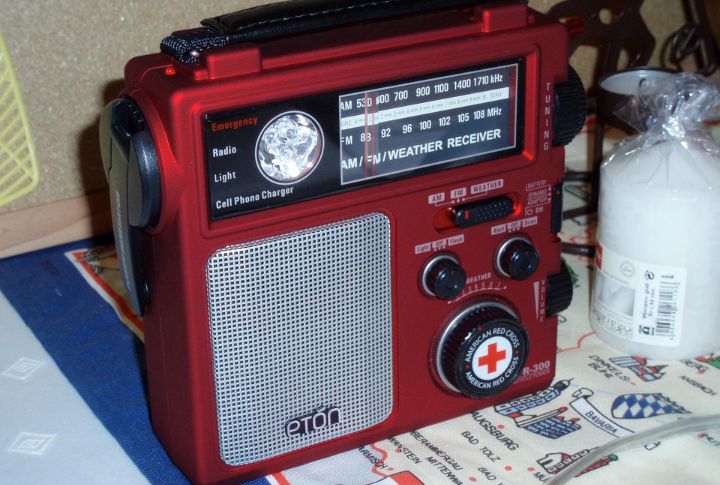
Invented over a century ago, hand-crank radios remain essential in disaster planning. They work without batteries, making them reliable when power grids fail. Many models also serve as flashlights and can charge small devices, all while broadcasting critical emergency updates and alerts.
Sufficient Bottled Water Storage
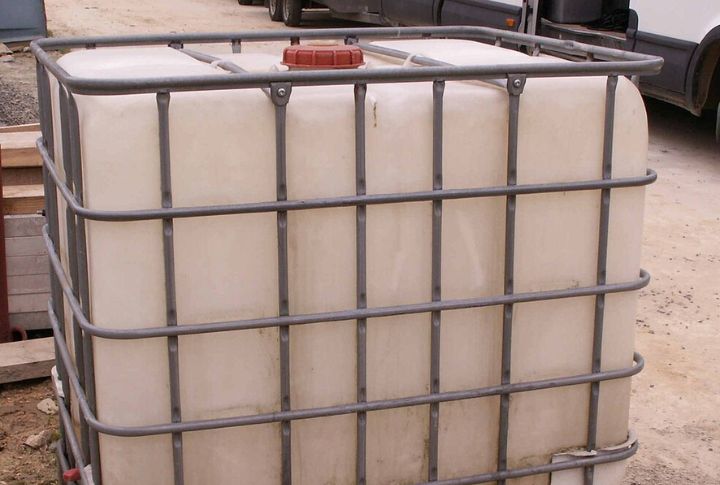
Water becomes scarce fast when fallout contaminates local supplies. Since the human body can’t go more than three days without it, storing enough is critical. A gallon per person per day is the standard. When sealed in food-grade containers, clean water stays safe for years, which makes it survival’s top priority.
Non-Perishable Food Supply
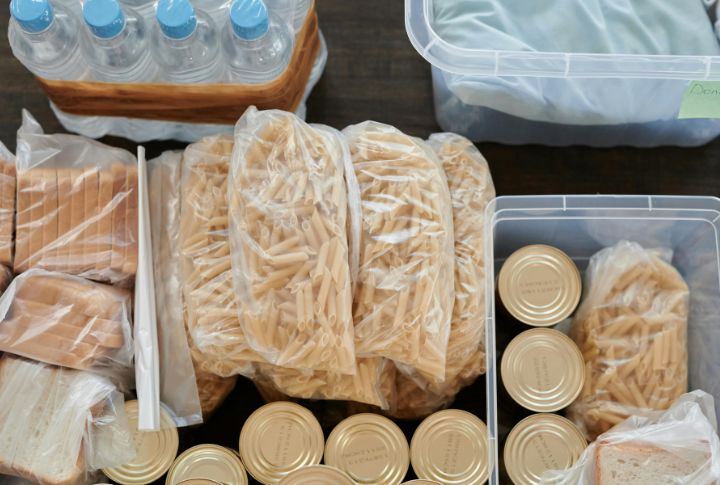
The body needs calories and nutrients to stay sharp under stress, but a disaster can quickly break supply chains. That’s why a stocked pantry matters. Canned items offer stability, freeze-dried meals can last decades, and honey never spoils, ensuring reliable nutrition when fresh food disappears.
Heavy-Duty Duct Tape And Sheeting
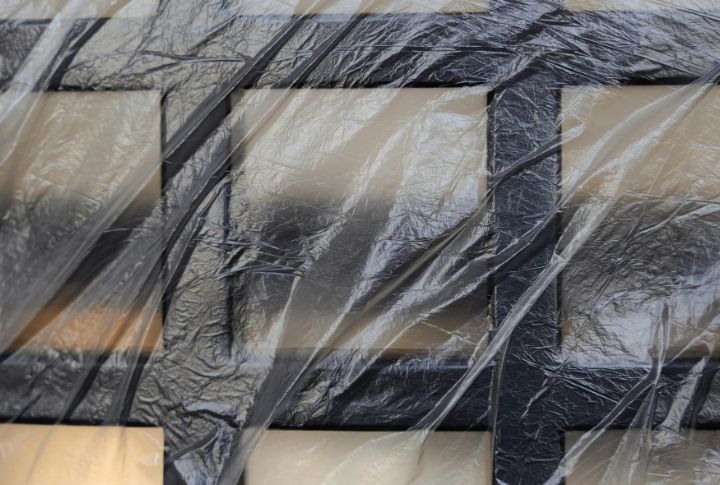
Such tools help seal off a shelter from radioactive particles. Windows, doors, and vents can become entry points—properly sealing them creates a safer indoor space. Duct tape’s origin lies in WWII, and today, it’s a survivalist’s essential tool. It can even patch clothing or improvise medical fixes.
Potassium Iodide (KI) Pills
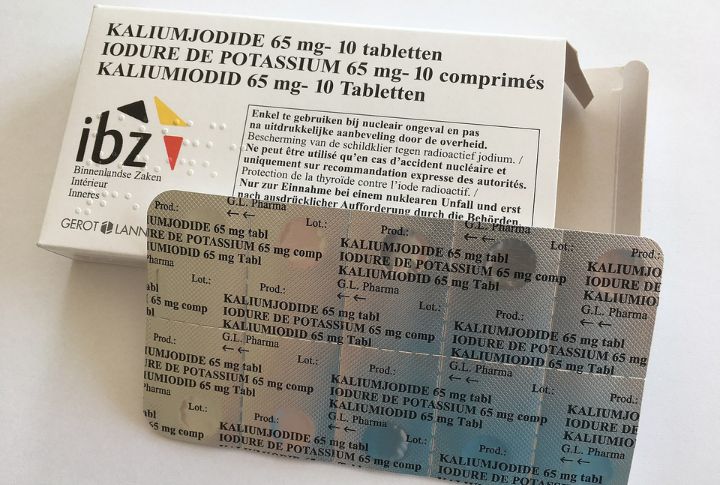
These tablets flood your thyroid with stable iodine, blocking radioactive iodine absorption during fallout. It’s a targeted defense that dramatically reduces thyroid cancer risk, especially in children. KI doesn’t guard against other isotopes, but it remains a key line of protection. The U.S. even stockpiles it for emergencies.
A Reliable First-Aid Kit With Medical Supplies
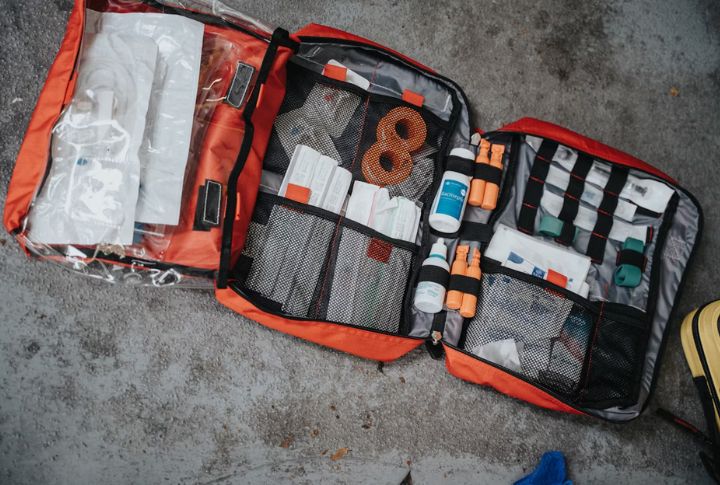
Healthcare systems may collapse in a nuclear crisis. A comprehensive first-aid kit lets you treat wounds and infections. It should include antiseptics, personal prescriptions, and over-the-counter essentials. The idea of organized first aid traces back to ancient Greece, proving that preparedness never goes out of style.
N95 Respirator Masks
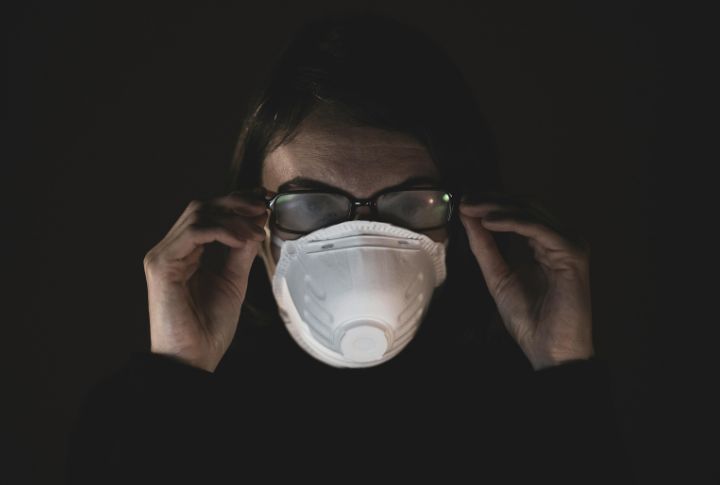
Breathing in radioactive dust can cause serious internal damage, making air protection a top priority in disaster scenarios. N95 masks, originally designed for industrial use, filter out 95% of airborne particles. During health crises, they proved essential—and in survival settings, they’re just as critical for blocking harmful pollutants and allergens.
Protective Clothing
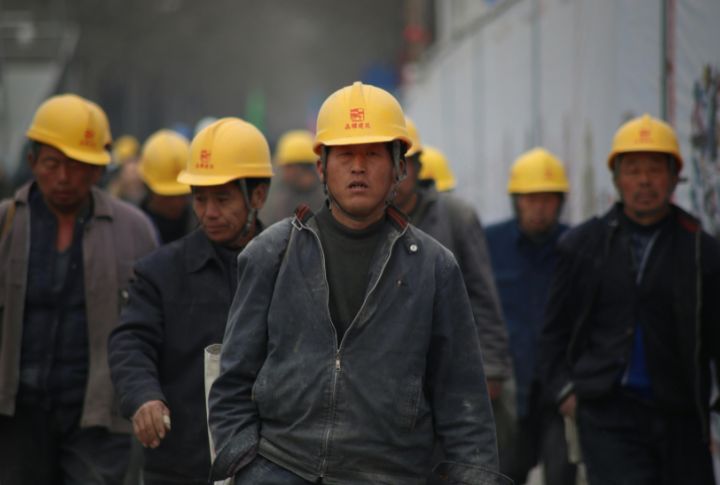
Protective clothing matters during fallout exposure. Long sleeves prevent radioactive particles from settling on your skin, and multiple layers give added defense. Once indoors, removing outer garments can shed much of the contamination. Even basic clothing becomes a survival tool when used the right way.
Cash In Small Denominations
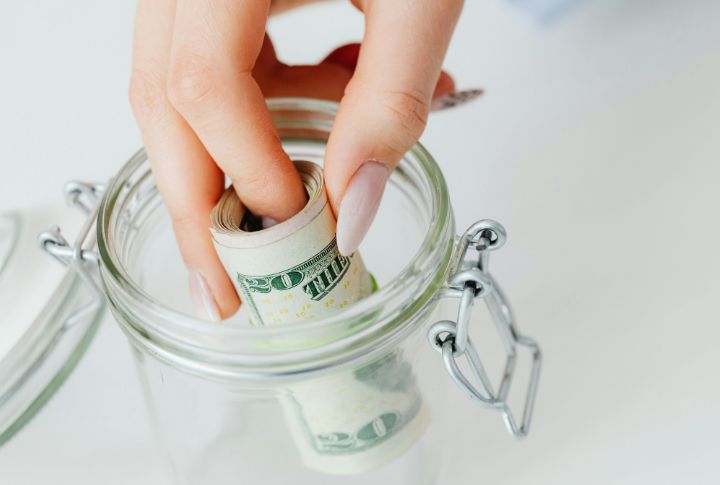
In crisis zones, what’s scarce quickly becomes valuable, and small cash can stretch far. Without power, electronic banking systems would likely fail, making paper money essential for trade. Small denominations offer flexibility in bartering, much like salt or stones once did when formal economies broke down.

